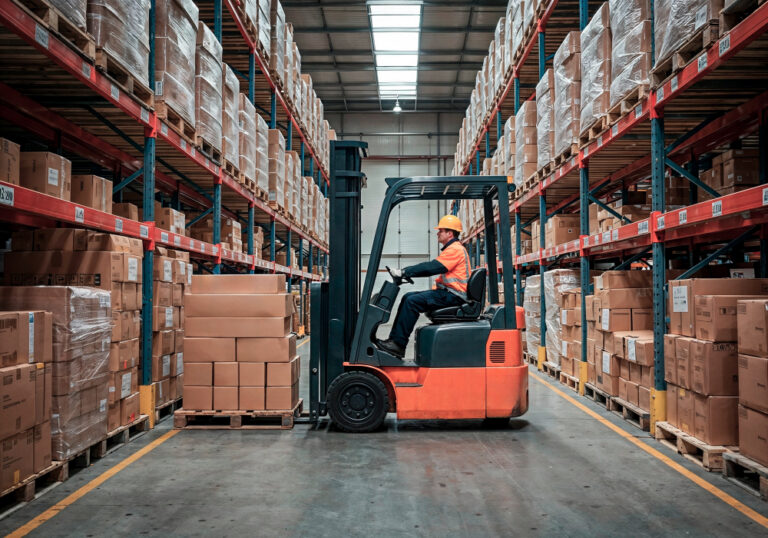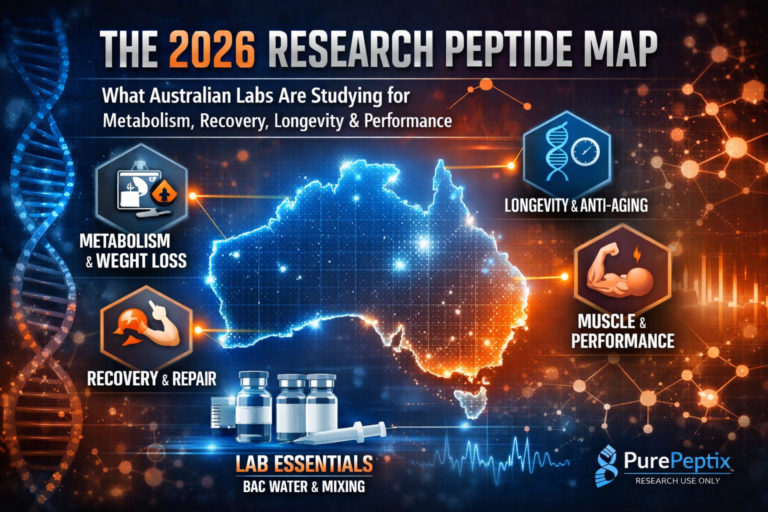In today’s manufacturing environment, workplace safety and regulatory compliance are not merely operational requirements but fundamental pillars of successful business operations. The selection of appropriate sheet metal machinery directly impacts workplace safety, regulatory compliance, and operational risk management across all manufacturing facilities and production environments.
Understanding Safety Standards in Industrial Machinery Sales
Modern industrial machinery sales must address comprehensive safety requirements that extend far beyond basic operational protection. Contemporary steel forming technology incorporates multiple layers of safety systems designed to protect operators, maintain regulatory compliance, and minimize operational risks throughout all production activities.
Sheet metal equipment safety standards continue evolving to address emerging risks and incorporate lessons learned from industry experience. Professional metal machinery sales organizations prioritize equipment that exceeds minimum safety requirements while providing comprehensive protection for all operational scenarios.
Regulatory Compliance in Sheet Metal Equipment Selection
Australian and New Zealand manufacturing operations must comply with stringent workplace safety regulations that directly influence sheet metal machinery and equipment sales decisions. These regulatory requirements shape equipment specifications, installation procedures, and ongoing operational protocols for all manufacturing facilities.
Steel machinery sales that prioritize compliance provide manufacturers with confidence in regulatory adherence while minimizing the risk of costly violations or operational disruptions. Understanding these requirements is essential for successful industrial equipment sales implementations.
Advanced Safety Features in Modern Steel Forming Technology
Contemporary steel forming technology incorporates sophisticated safety systems that provide multiple layers of protection for operators and maintenance personnel. These advanced features in modern sheet metal solutions include light curtains, pressure-sensitive mats, emergency stop systems, and automated safety interlocks.
Industrial machinery sales featuring advanced safety systems demonstrate how modern technology can enhance protection while maintaining operational efficiency. These safety innovations in sheet metal forming equipment reflect the industry’s commitment to operator protection and risk mitigation.
Risk Assessment and Hazard Identification
Comprehensive risk assessment procedures are essential components of successful sheet metal equipment sales implementations. These assessments identify potential hazards, evaluate risk levels, and establish appropriate control measures that protect workers while maintaining production efficiency.
Metal machinery sales professionals provide risk assessment expertise that helps manufacturers identify and address potential safety concerns before they impact operations. This proactive approach to industrial equipment sales ensures optimal safety outcomes and regulatory compliance.
Operator Training and Safety Education
Effective operator training represents a critical component of workplace safety in sheet metal machinery operations. Comprehensive training programs ensure that operators understand equipment capabilities, safety procedures, and emergency protocols that protect both personnel and equipment.
Steel machinery sales that include comprehensive training programs provide manufacturers with the knowledge necessary for safe equipment operation. These training initiatives in sheet metal machinery and equipment sales create lasting safety cultures that benefit entire organizations.
Personal Protective Equipment Integration
Modern sheet metal equipment design considers personal protective equipment requirements and ergonomic factors that influence operator safety and comfort. Equipment design that accommodates PPE while maintaining operational efficiency represents best practice in industrial machinery sales.
Steel forming technology that prioritizes operator ergonomics and PPE compatibility demonstrates how thoughtful design can enhance both safety and productivity. These considerations in sheet metal solutions reflect comprehensive approaches to workplace protection.
Emergency Response and Safety Protocols
Effective emergency response procedures are essential components of safe sheet metal forming operations. These protocols address equipment malfunctions, operator injuries, and environmental emergencies that could impact workplace safety and operational continuity.
Industrial equipment sales that include emergency response planning support help manufacturers develop comprehensive safety protocols that protect workers while minimizing operational disruption. These planning services in metal machinery sales ensure optimal emergency preparedness.
Maintenance Safety and Lockout Procedures
Safe maintenance procedures for sheet metal equipment require comprehensive lockout/tagout protocols that protect maintenance personnel from unexpected equipment activation. These procedures are essential components of regulatory compliance and workplace safety.
Steel machinery sales that emphasize maintenance safety provide manufacturers with equipment designed for safe servicing and comprehensive lockout procedures. These safety features in industrial machinery sales protect maintenance personnel while ensuring regulatory compliance.
Environmental Safety and Emission Control
Modern sheet metal machinery and equipment sales must address environmental safety requirements including air quality management, noise control, and waste handling procedures. These environmental considerations protect both workers and surrounding communities.
Steel forming technology with integrated environmental controls demonstrates how modern equipment can address multiple safety and regulatory requirements simultaneously. These capabilities in sheet metal solutions support comprehensive environmental compliance.
Automation and Safety Enhancement
Strategic automation in sheet metal equipment can significantly enhance workplace safety by removing operators from potentially hazardous situations while maintaining production efficiency. Automated systems reduce human exposure to risks while providing consistent operational performance.
Industrial equipment sales that incorporate safety-focused automation demonstrate how technology can enhance protection while improving productivity. These automation features in metal machinery sales represent best practices in modern manufacturing safety.
Compliance Documentation and Record Keeping
Regulatory compliance in sheet metal forming operations requires comprehensive documentation of safety procedures, training records, and maintenance activities. These records demonstrate ongoing compliance while supporting continuous safety improvement initiatives.
Steel machinery sales that include documentation support help manufacturers maintain required records while ensuring regulatory compliance. These documentation services in industrial equipment sales simplify compliance management while protecting against regulatory violations.
Safety Performance Monitoring and Analysis
Continuous safety performance monitoring enables manufacturers to identify trends, assess program effectiveness, and implement improvements that enhance workplace protection. These monitoring capabilities in modern sheet metal equipment support data-driven safety management.
Industrial machinery sales that include safety monitoring capabilities provide manufacturers with tools for ongoing safety improvement. These analytical features in steel forming technology enable proactive safety management and continuous improvement.
Workplace Ergonomics and Injury Prevention
Ergonomic design in sheet metal solutions reduces the risk of repetitive stress injuries and workplace accidents while improving operator comfort and productivity. These design considerations reflect comprehensive approaches to workplace safety and operator well-being.
Metal machinery sales that prioritize ergonomic design demonstrate commitment to operator welfare while supporting long-term productivity. These ergonomic features in sheet metal machinery and equipment sales protect worker health while enhancing job satisfaction.
Safety Culture Development and Leadership
Developing strong safety cultures requires leadership commitment and comprehensive programs that engage all organizational levels. Successful steel machinery sales implementations include safety culture development that extends far beyond basic compliance requirements.
Industrial equipment sales partnerships that support safety culture development help manufacturers create lasting safety improvements that benefit entire organizations. These cultural initiatives in sheet metal equipment implementations create sustainable safety excellence.
Technology Integration for Enhanced Safety
Modern safety systems in steel forming technology integrate multiple technologies including sensors, cameras, and artificial intelligence to provide comprehensive protection. These integrated systems represent the future of manufacturing safety and risk management.
Industrial machinery sales featuring integrated safety technologies demonstrate how modern equipment can provide unprecedented levels of protection while maintaining operational efficiency. These safety innovations in sheet metal forming equipment set new standards for workplace protection.
Cost-Benefit Analysis of Safety Investments
Safety investments in sheet metal equipment sales provide measurable returns through reduced insurance costs, lower injury rates, and improved regulatory compliance. Understanding these benefits helps manufacturers justify safety-focused equipment selections.
Metal machinery sales that emphasize safety benefits demonstrate how protection investments provide both moral and financial returns. These economic benefits in industrial equipment sales make safety-focused decisions economically attractive.
International Safety Standards and Best Practices
Global safety standards influence sheet metal machinery and equipment sales specifications and provide benchmarks for safety excellence. Understanding these standards helps manufacturers implement world-class safety practices regardless of local requirements.
Steel machinery sales that meet international safety standards provide manufacturers with confidence in global best practices while ensuring optimal protection. These international standards in industrial equipment sales represent proven approaches to manufacturing safety.
Continuous Safety Improvement and Innovation
Safety excellence requires ongoing commitment to improvement and innovation that goes beyond minimum compliance requirements. Leading manufacturers use sheet metal solutions implementations as opportunities to advance their safety programs and organizational cultures.
Steel forming technology providers that support continuous safety improvement help manufacturers achieve excellence while protecting their most valuable assets—their employees. These improvement initiatives in industrial machinery sales create lasting organizational benefits.
Conclusion: Building a Foundation for Safety Excellence
Workplace safety in sheet metal equipment operations requires comprehensive approaches that address regulatory compliance, risk management, and organizational culture. The selection of appropriate industrial equipment sales solutions provides the foundation for safety excellence while supporting operational objectives.
Sheet metal machinery and equipment sales decisions that prioritize safety demonstrate organizational commitment to employee welfare while providing measurable business benefits. For manufacturers committed to safety excellence, partnering with safety-focused equipment providers ensures access to proven protection technologies and comprehensive support services.
Modern steel forming technology offers unprecedented opportunities to enhance workplace safety while improving operational efficiency. By prioritizing safety in equipment selection and implementation, manufacturers can protect their employees while building sustainable competitive advantages through operational excellence and regulatory compliance.






